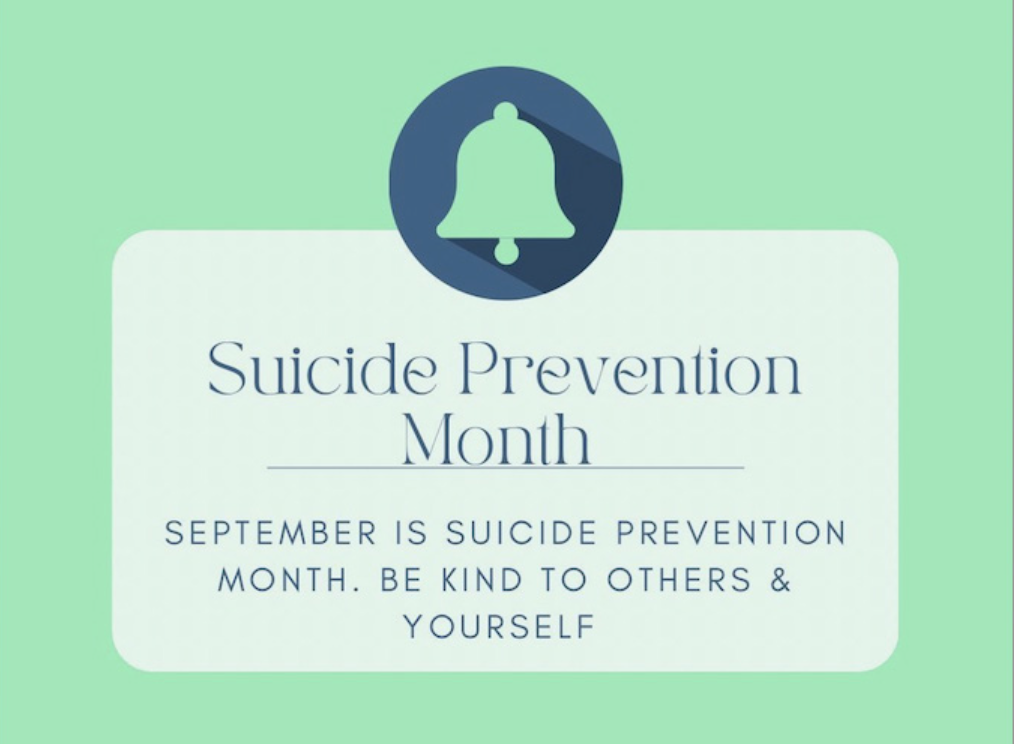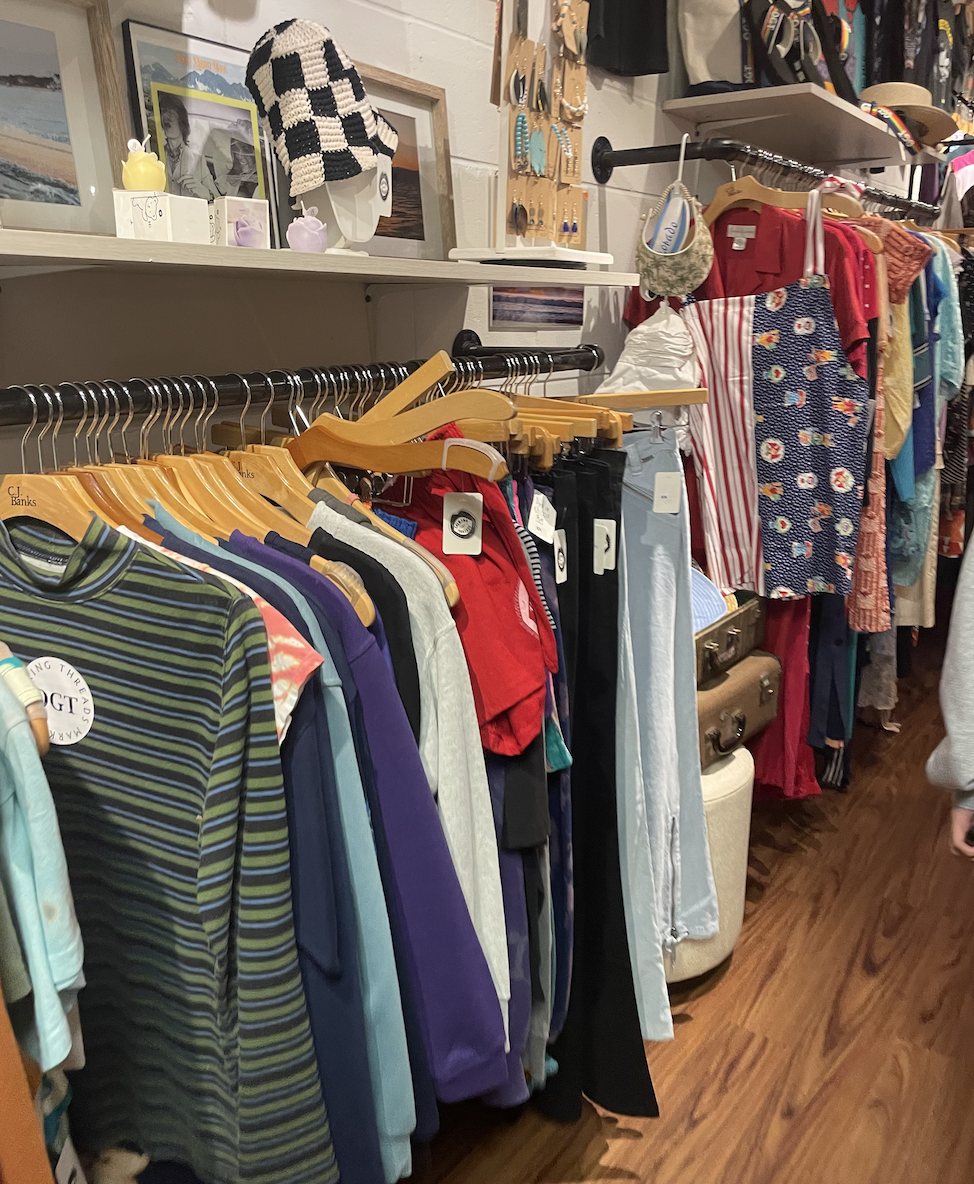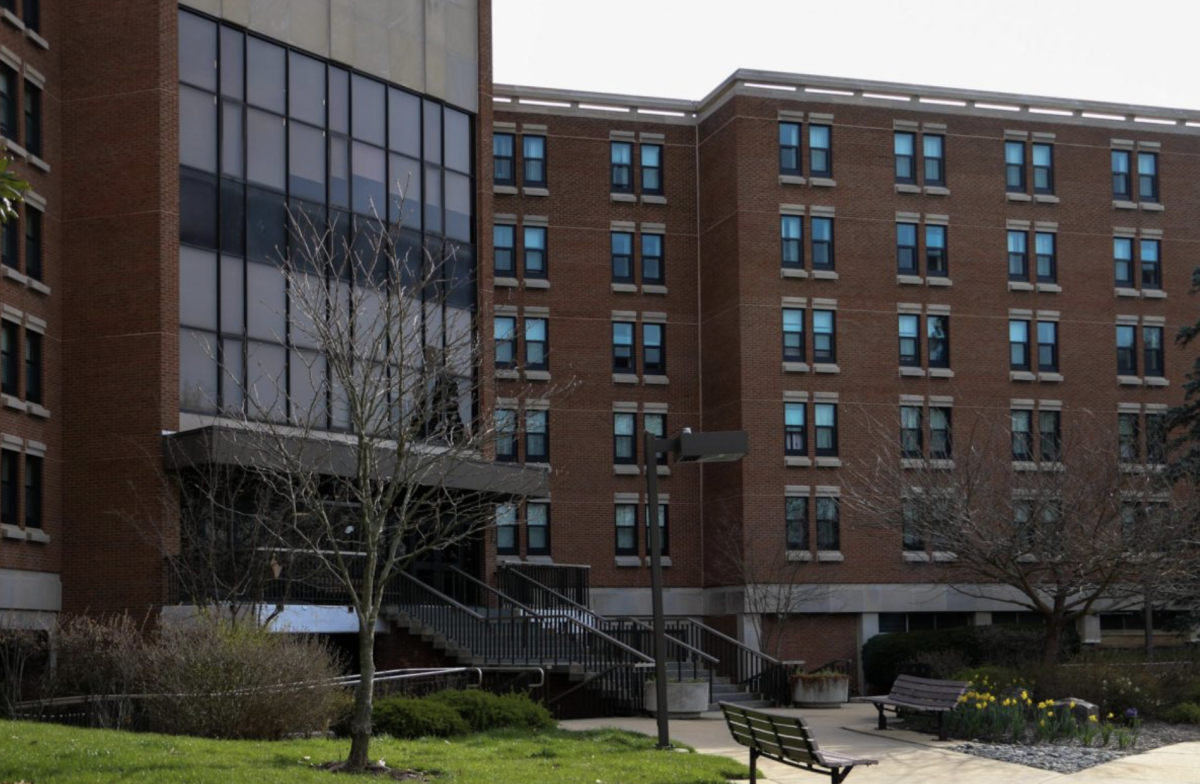September is Suicide Prevention and Awareness Month, a time when health professionals, mental health advocates and other allies acknowledge lives affected by suicide and promote various resources for those in need.
According to the CDC, more than 41,000 people die by suicide each year, and it is one of the leading causes of death on college campuses. Within the past year, 28% of college students reported intentionally hurting themselves, 6% had planned suicide and 2% had attempted suicide (2023 Health Minds Survey). These rates have increased significantly since the 2021 survey, and far more students have experienced depression or self-deprecating thoughts than in years past.
With a new environment, grade anxiety and competitive relationship culture, it’s no secret that college is a hard adjustment, which can promote depressing thoughts. Universities must be diligent and proactive about supporting its students’ mental health. But does Villanova adequately check in on the well-being of its students?
Villanova offers several resources to help students both emotionally and academically. The University provides Counseling Center services to all students, available in both in-person and telehealth formats. Housed on the second floor of Falvey Library are Learning Support Services (LSS), the Writing and Math Centers and academic tutoring, which are dedicated to guiding students through various time management and study tips to reduce stress.
Students have utilized the tutoring services and can attest that it was a helpful and positive experience. Whether or not it correlated to improvements in overall mental health remains to be seen, although these are intangible in measurement.
On another positive note, Villanova promotes these services better than many big, public schools. When comparing my experience with that of friends in attendance at other institutions, Villanova seems to have less of an encounter with mental health tragedies and more of a commitment to free-flowing conversation.
“I go to [North Carolina] State,” student Katy Liberman said. “We had seven suicides in the 2022-2023 school year alone.”
While Liberman attests that she loves her college and appreciates its efforts to diminish these numbers, this is still an extremely saddening statistic to think about.
“I do feel supported as a student, but obviously my experience has not been congruent to many other experiences of those my age,” Liberman said.
Several student organizations on Villanova’s campus are committed to ending the stigma surrounding mental health struggles. One example of such is The Student Life Mental Health and Well-Being Committee, which is composed of students, faculty and staff in commitment to addressing needs and providing support to the entirety of the Villanova community. The committee works to rectify gaps in support systems, normalize difficult conversations and assess student needs to provide assistance on a school-wide basis.
There are also various student organizations whose purpose is to provide a sense of belonging, such as UNITAS groups and major-specific support groups. The UNITAS program houses students of similar backgrounds together in hopes of sparking conversation and cultivating friendship, while support groups are a less-structured way of doing the same. These programs aim to remove feelings of isolation, thus bettering the social lives and overall experiences of their members.
While I appreciate Villanova’s commitment to improving the mental well-being of its student body, there remains a competitive and even toxic culture among students who share similar academic and professional goals. Competition for internships, club membership rejection, comparison of test scores and athletic inter-team rivalry all contribute to an almost cutthroat campus environment.
Freshman Dana Singer agrees with this concept wholeheartedly.
“We’re all highly driven and competitive individuals, which is what got us here in the first place,” Singer said. “When you put all of us together, there’s bound to be clashing heads and high stress levels.”
While competition is inevitable, we as a student body must work to break the cycle of toxicity to promote collaborative success. Rather than tearing them down, we must celebrate others’ achievements and check in on struggling peers.
While September is a month specifically designated for suicide prevention and awareness, students should not hesitate to connect with one of Villanova’s resources or outside support at any time in their college career. The Villanova Emergency Hotline is (610) 519-4505 and the Suicide Hotline is 988.








